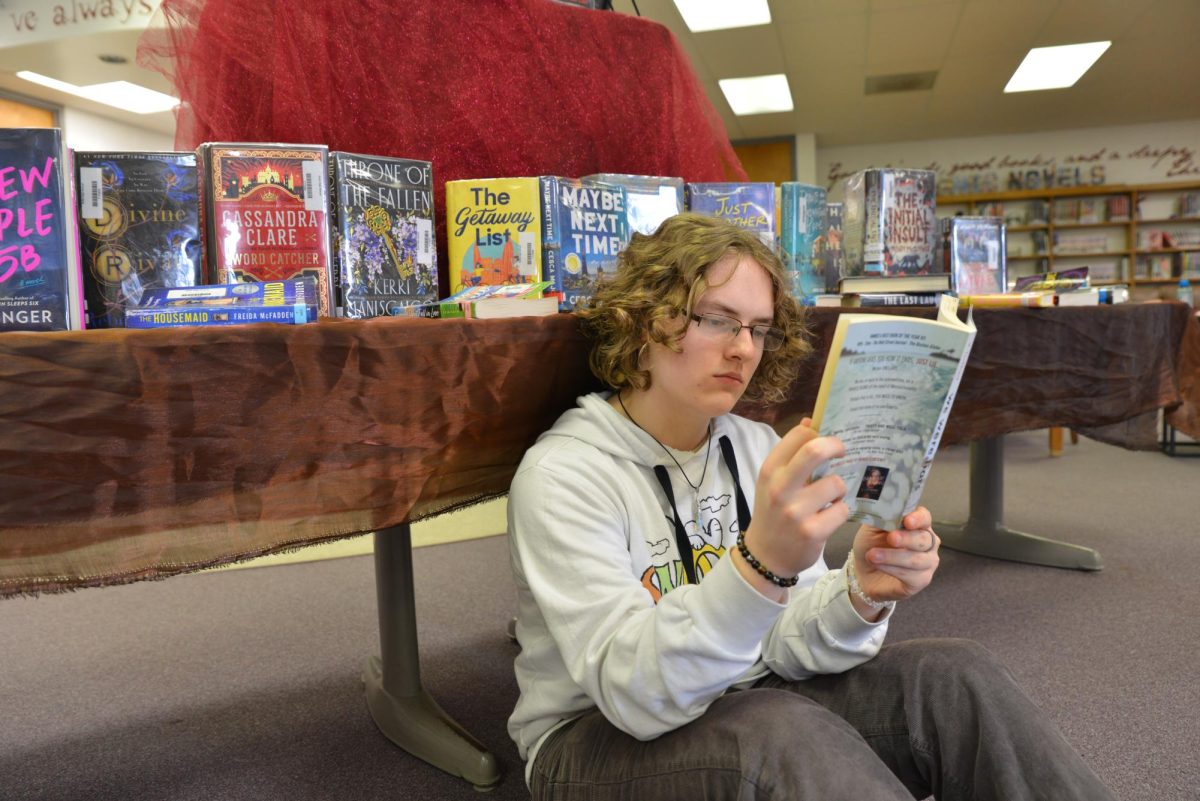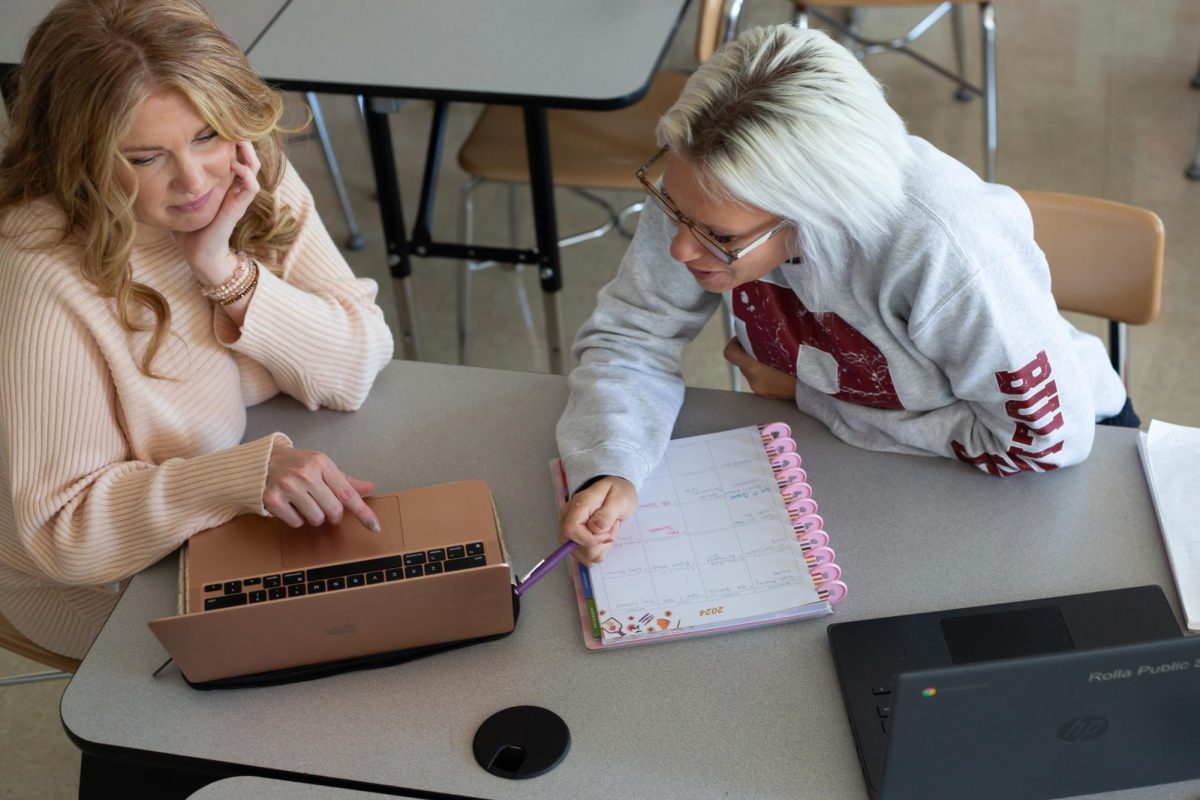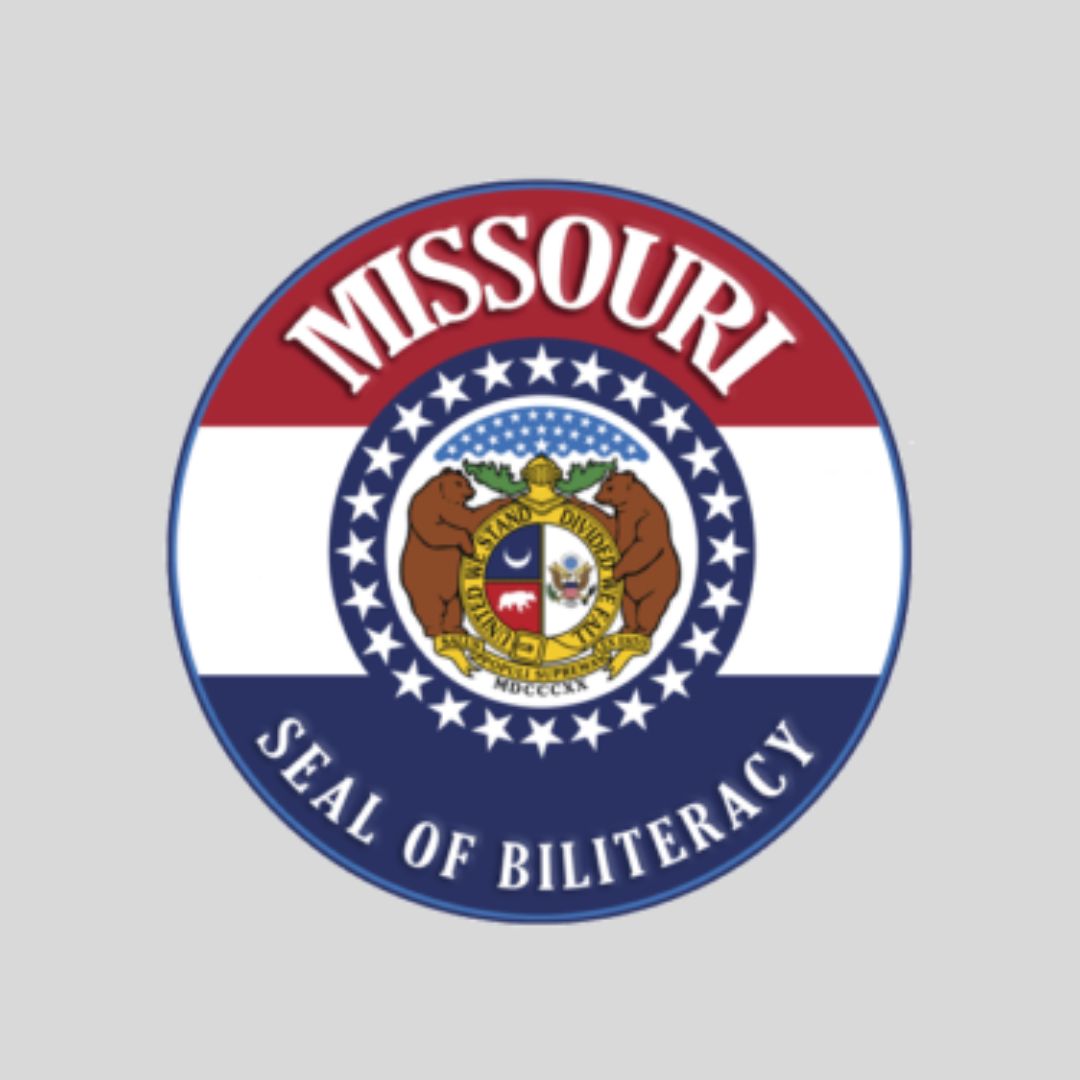One thing that sets freshman year apart from the rest at Rolla High School is the Accelerated Reader program. This assessment tool traveled here from the Rolla Junior High School and has remained for years. At this time, freshman English teachers are not planning to use AR to keep track of students’ individual reading for the 24-25 school year.
The AR program is distributed by the company Renaissance. Students read books, then take a multiple choice question test to ensure that they read the book. The AR program has been a part of Rolla High School curriculum for well over a decade but has been almost universally disliked by the students who participate in it.
“It kind of sapped my enjoyment of reading though. Because being forced to read when you don’t feel like reading is not great,” freshman Aidan Farr said.
Freshman English teacher Trina Fitch gives a different perspective, saying it’s “teacher friendly.” Fitch was aware of the complaints about the AR Program, but she wasn’t aware of the sheer scale of it until she read “Readacide: How Schools are Killing Reading and What You Can Do About It” by Kelly Gallagher.
“[The book] kind of opened my eyes to where AR kind of is killing our readers. That makes them not want to read. I heard that and I let it go in one ear and out the other…Then when I read it and saw the statistics, it kind of opened my eyes to the fact that I do not want to be responsible for ruining a kid’s love of reading, and when, in fact, [I] actually want the opposite,” said Fitch.
Not only does the program often have a negative impact for kids who do like reading, but it also doesn’t always help those who are reluctant to read in the first place.
“What ended up happening is [reluctant readers] would basically have their friends who are into reading just take the tests for them…And, also they would just not do it because it wasn’t really worth a lot of a grade,” said Farr. “There was also a thing where they would deliberately grab lower level books, so they can just get through them as fast as possible.”
Now that AR is about to be out of the picture, there’s a question floating around in Fitch’s mind. What will replace AR?
“Really what’s encouraged is pleasure reading. Something that they’re not going to be quizzed to death on and [will] get them to read a book,” said Fitch.
While plain and simple pleasure reading is good in theory, students still need some sort of accountability in the classroom.
“I have…a one-pager…that they’ll do now and then on what they’ve been reading,” said Fitch. “It won’t be the same as the multiple choice testing that they did for AR.”
While a big change is coming and AR is kicking the bucket, its effects linger on students who already went through the program.
“Yeah, I read significantly less than I did before. And I attribute that mostly to AR. It really took away my interest for reading,” said Farr.
Hopefully this change will harbor some positive outcomes for the up-and-coming students.
“Those kids who want to read are going to read and those kids who are going to fake it are going to fake it. But in the meantime, maybe my kids who could potentially become readers as adults will do so,” said Fitch.










